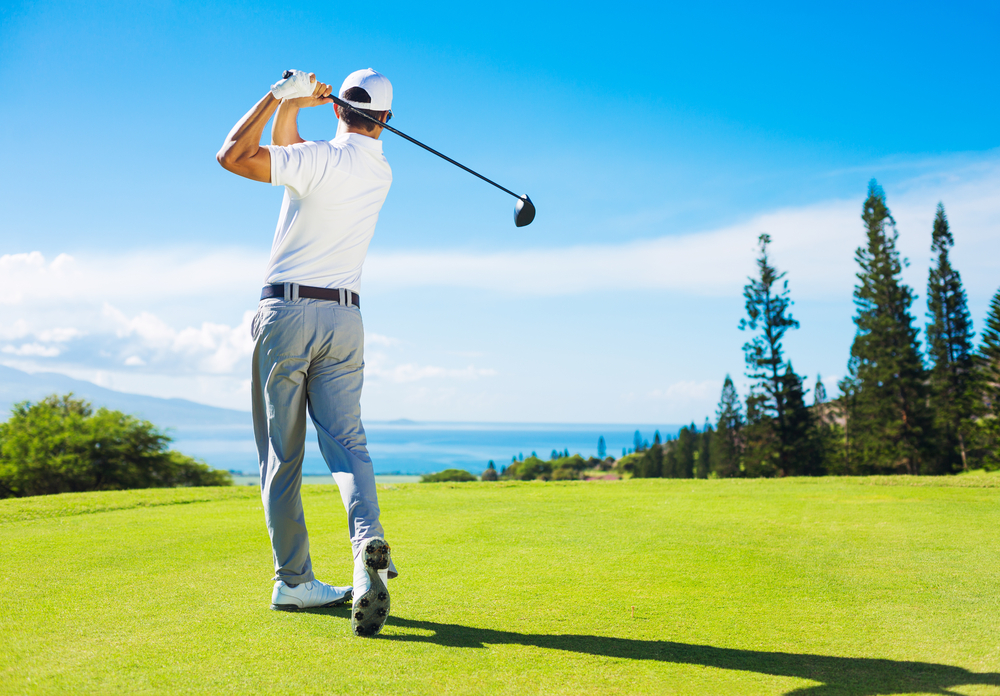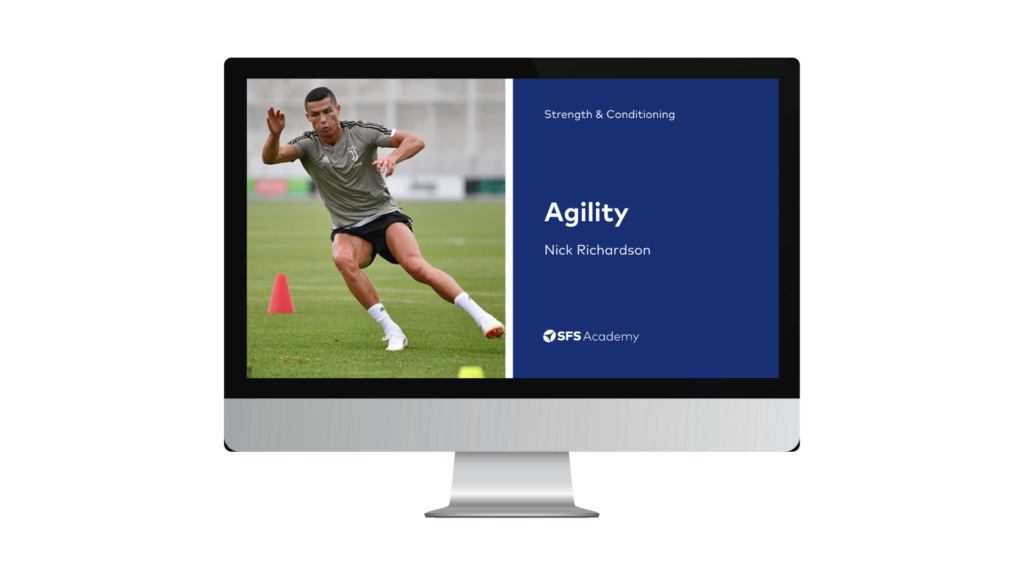This week in the world of sports science, here’s what happened…
- Liverpool’s 6-minute run fitness test
- What is the most effective caffeine dosage for improving time trial performance in cycling?
- The benefits of foam rolling and dynamic stretching for golf swing performance
Liverpool’s 6-minute run fitness test

Following the conclusion of the European Championships, attention has shifted back to club football. Recently, Liverpool F.C. released a YouTube video documenting their first day of the pre-season, which garnered a remarkable one million views within three days of its publication. Notably, a particular segment of the video featuring a fitness test sparked significant discussion within the sports science community.
The fitness test, visible at the 12-minute mark of the video, involved Liverpool players running at maximum intensity around a square grid for six minutes. Some individuals have contended that the test’s simplicity is outdated, especially considering the advanced technology available in the sports science industry. While others believed a more intermittent test, like the Yo-Yo Intermittent Test, is more specific to football.
Contrarily, a post on LinkedIn by acclaimed sports scientist Gareth Sandford provided insight into the rationale behind the test. Sandford argued that “6 minutes is approximately the duration one can maintain running at VO₂ max intensity”. Consequently, he suggests that the pace sustainable for this duration could confidently determine one’s Maximum Aerobic Speed (MAS). So according to Sandford, the 6-minute run test can accurately measure aerobic fitness levels. Additionally, Christopher Hernandez Robinson also posted on LinkedIn in support of Sandford. His post discusses a scientific study showing a strong link between the 6-minute run test and VO₂ max.
Given this context, it prompts the question: was Liverpool F.C.’s six-minute run an appropriate choice for conducting an aerobic test on their first day back? Alternatively, would another aerobic test have been more suitable? We encourage you to check out the video and both Sandford’s and Robinson’s LinkedIn posts, where a thought-provoking debate has ensued within the comments section. Be sure to let us know your thoughts on the matter!
If you are interested in this subject, we have a free MAS Calculator available to download here and excellent courses on Maximal Aerobic Speed and Aerobic Conditioning for Football
What is the most effective caffeine dosage for improving time trial performance in cycling?

A recent systematic review and meta-analysis aimed to investigate the impact of caffeine on cycling time trial performance, addressing a gap in current research. The analysis encompassed 15 studies that explored the influence of caffeine on time trial performance, with performance gauged by completion time or mean power output during the trial.
The results of the analysis revealed that the ingestion of 4–6 mg/kg of caffeine significantly enhanced time trial performance. This moderate dose provided evidence that caffeine’s efficacy does not rely on high doses. The research cautioned against high doses of caffeine, which may lead to adverse effects such as gastrointestinal discomfort and reduced concentration. Interestingly, low doses of caffeine (1–3 mg/kg) were found to be ineffective in improving time trial performance.
The researchers indicated that a moderate dose of caffeine led to an approximate 2% improvement in time trial performance. They drew attention to the significance of this enhancement by illustrating that a 2% improvement in time trial cycling could have resulted in the 8th place finisher in the Tokyo Olympics securing a bronze medal by finishing 3rd.
While acknowledging certain limitations, such as the failure to differentiate between genders and consider other concurrent supplements consumed by cyclists, the research offers valuable insights for time trial cyclists. Future research in this area may also need to include the evaluation of psychological and physiological performance factors rather than just completion time and mean power output. Nonetheless, this research serves as a useful reference for determining an effective caffeine dosage for time trial cyclists.
The benefits of foam rolling and dynamic stretching for golf swing performance

A recent study has underscored the significance of an efficient warm-up in enhancing sport-specific skill execution. The study compared golf swing performance following two interventions: foam rolling and dynamic stretching of the lead hip, and repetitive golf swing practice.
The study revealed that foam rolling and dynamic stretching significantly enhanced the internal range of motion and internal rotation strength of the lead hip. Furthermore, a notable improvement in golf swing flight distance was observed when using foam rolling and dynamic stretching.
This study thus emphasises the importance of a well-executed warm-up in optimising golf swing performance. If you’re working with golfers and you notice them warming up by practising their golf swing, grab the foam roller and don’t forget to give that lead hip a good dynamic stretch!
From us this week:
>> New course: Investigating S&C Practices
>> New podcast: Elite Energy: Nutrition Strategies For Winning
>> New infographic: Beetroot Juice
>> New article: TeamBuildr: Everything You Need To Know
Access to a growing library of sports science courses
SFS Academy is an all-access membership to premium sports science education.
With SFS Academy, you’ll learn from some of the best coaches around the world as they teach you how to apply the latest research and practice with your athletes.



